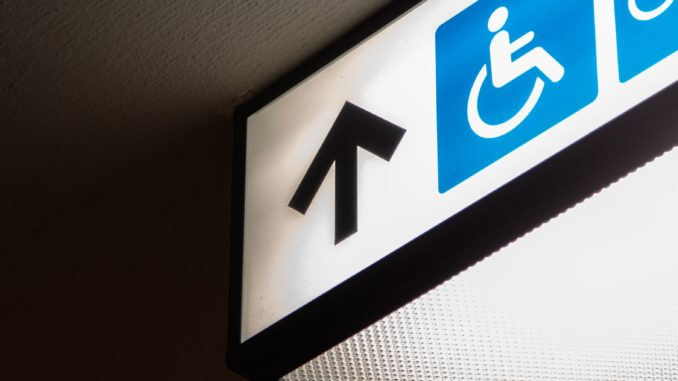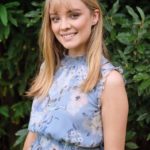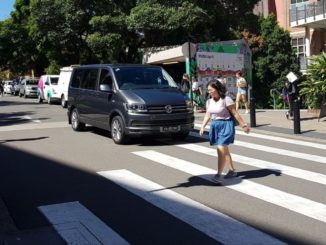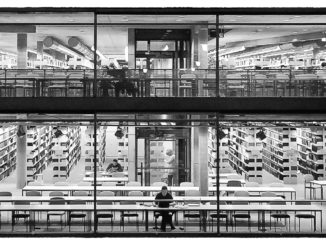
Over 4 million Australians live with some sort of disability. Equal accessibility of social services, infrastructure and other resources is therefore an important issue on a national level. Making day-to-day life and services accessible to all Australians is something frequently discussed by state and federal politicians, however I have recently come across a conflict on social media pertaining to what language is inclusive, appropriate and sensitive within the disabled community.
Clarissa Bye’s piece in The Daily Telegraph, Clover Moore considers plan to call people who are disabled ‘Access Inclusion Seekers’, and its reaction on social media from USyd SRC Disabilities Collective & Caregivers Network, would be the conflict to which I refer in a feature.
An appropriate outlet for publication would be The University of Sydney’s Honi Soit student paper.
The discord I would approach is that between Mark Tonga, a disability advocate on the Sydney City Council Inclusion Advisory Panel, and concerned social media representatives of USYDdis who refute his claim that ‘disabled’ is an offensive word. A representative of the student body wrote on Facebook in reaction to Bye’s article, ‘this is disappointing news to see. A lot of disabled people (myself included) prefer identity first language – meaning we prefer to be referred to as “a disabled person”. My disabilities are a fundamental part of who I am, they make me me. I have a unique way of experiencing and navigating the world because of them. I’m not ashamed to be disabled.’
The University group’s social media post came about because of the Mark Tonga quote in The Daily Telegraph: “Labels matter. Disability is a subliminal pejorative for many. It’s a negative. Perhaps sooner than you think, the ‘d’ word will be as offensive as the ‘n’ word is now.”
Of course, there are problems with the article in the Daily Telegraph: there is no link to where Tonga’s remarks can be read, (lack of transparency) and we are not given the details of the exact meeting or event at which Tonga’s words were spoken. With tabloid media tending to sensationalise and disrupt communities with their journalism, and in light of the story not featuring in other publications, as well as the nebulousness of exactly when Tonga made his statements, I would contend that a ‘story within the story’ here would be members of the disabled community’s opinions about the way this was reported: do they feel this article is balanced? Do they feel this should have been reported in a different way? Should it, and this issue of appropriate, sensitive language, receive more or less attention? I would like to ask a national body that represents people with a disability what their opinion is on the the issue as well as whether they think it was reported ethically.
My points of contact for this story would be:
USyd SRC Disabilities Collective & Caregivers Network
Facebook Message
Mark Tonga
https://marktonga.com/ – Contact Form
Sydney City Council Inclusion Advisory Panel
communityenquiries@cityofsydney.nsw.gov.au
Disability Services Australia
http://www.dsa.org.au/contact
The feature would therefore consider dual points:
What exactly is the source of conflict?
Was The Daily Telegraph right to post Mark Tonga’s claims in the way they did?
However, so that it pertains to the publication, I think I would make the focus of feature one representative from the relevant USYD collective.
I feel that a feature on this issue is relevant and important because equal access to services and resources for all Australians should be reported in a balanced, transparent way. It appears to me that how Tonga’s comments appeared in The Daily Telegraph, with little explanation or context, and no link to a quote, may not have been fair to an already vulnerable and marginalised group in society.





no, just no – I’m Disabled, not wanting to change term used
this isn’t like the N word or the Asperger/Autism spectrum thing
it’s plain stupidity and will cause unnecessary stress and confusion
all programs/ government aid uses the term disability, it’s what everyone immediately understand changing that would cause nightmare level paperwork & resource access problems